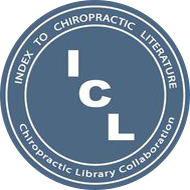| Abstract/Notes |
Functional capacity evaluation (FCE) may be defined as a systematic, comprehensive, and objective measurement of an individual's maximum abilities (ADL or work). The effect of the examinee's impairment on his or her ability to perform purposeful tasks is the focus of functional and/or work capacity evaluation (FCE/WCE). The common thread that connects all FCEs is the need for an evaluation of an individual with an unresolved residual. The forensic examiner must be able to determine the most suitable process from the 5 different types of evaluation processes involving functional capacity evaluations. The College of Forensic Sciences (CFS) has identified that most FCE administrators are not sufficiently grounded in science, case law and forensic issues. Examples may include misquoting standard journal articles and texts, making false statements, providing "junk science" opinions and interpretation, and deliberately omitting important facts and knowledge. In this day and age of managed care, cost containment of workers' compensation (fee schedules) claims, and economic incentives can change the position of the test administrators, therapists or providers. Through specialized training to better understand the requirements and needs of the courts, the forensic examiner can become a valuable tool in providing an "evidence-based" opinion regarding FCE/WCE questions. This training should prepare the provider in FCE/WCE methods, forensic analysis and principles that have a reliable evidence-based reasoning and methodology that is scientifically valid. This abstract is reproduced with the permission of the publisher; click on the above link for free full text.
|
